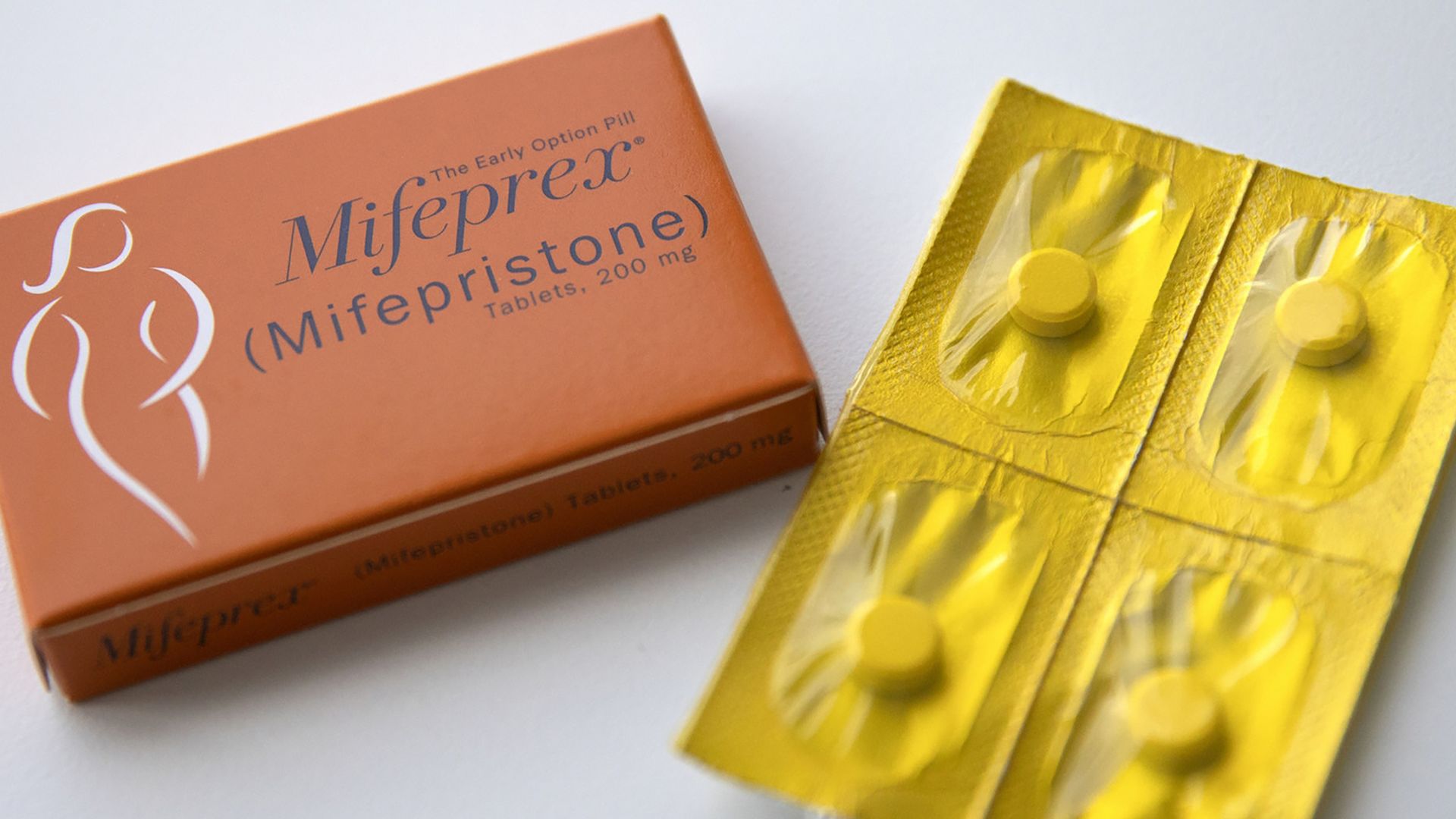Abortion Pill Requests Surge After U.S. Election: Canadian Non-Profit Reports Fourfold Increase
A Canadian-based non-profit, Women on Web, has reported a significant rise in requests for abortion pills from the U.S., with inquiries quadrupling in the days following the U.S. presidential election. The organization, which connects women in restrictive regions to abortion resources, saw daily U.S. requests spike from 35 before the election to 145 afterward, according to Executive Director Venny Ala-Siurua.
Concerns Over Access Amid Political Shifts
The surge reflects growing concerns among American women about potential restrictions on reproductive rights under Donald Trump’s leadership. Although many inquiries came from women not currently pregnant, Ala-Siurua noted that many sought to have the medication on hand in anticipation of future need. “People are really scared and they want to be prepared,” she said.
Abortion rights advocates emphasize that organizations like Women on Web are vital for ensuring access to safe abortion methods, particularly as legal and political landscapes shift. These groups often collaborate with international doctors and pharmacies to provide discreet access to medication like mifepristone and misoprostol, which can safely terminate pregnancies up to 10 weeks.
Advance Provision Gains Popularity
The concept of advance provision—supplying abortion pills before pregnancy—is gaining traction. Advocates argue this approach reduces delays in accessing medication, especially in areas with restrictive laws or limited healthcare access. The pills have a long shelf life, with mifepristone effective for two years and misoprostol for up to five.
In Canada, the medications are branded as Mifegymiso, approved for pregnancies up to nine weeks, while in the U.S., the equivalent, Mifeprex, is approved for up to 10 weeks. While some U.S. doctors prescribe the pills off-label for advance provision, the practice remains controversial, with anti-abortion groups pushing for tighter regulations.
Expanding Access in Response to Restrictions
Originally focused on regions outside North America, Women on Web began extending its services to the U.S. earlier this year in response to growing abortion bans. The organization connects women to licensed professionals who review requests, write prescriptions, and arrange for discreet shipping of the medications. Donations of $170 are encouraged but waived for those unable to pay, with medication costs varying.
Virtual organizations like Plan C have also seen a surge in demand. Following the election, Plan C’s website traffic jumped from 4,000 daily visitors to over 82,000. “We know people are afraid,” said co-founder Elisa Wells, highlighting the disproportionate impact of abortion restrictions on marginalized communities.
Challenges Ahead
The future of telehealth abortion access remains uncertain. U.S. anti-abortion groups, such as Students for Life Action, are lobbying for stricter regulations, including banning the mailing of abortion pills and reversing FDA approvals. Meanwhile, Women on Web continues to operate legally in Canada, noting it does not involve Canadian doctors or pharmacies in its services.
As the debate over reproductive rights intensifies, global networks like Women on Web play a crucial role in safeguarding access to abortion care for women in need.
Source : The Canadian Press


